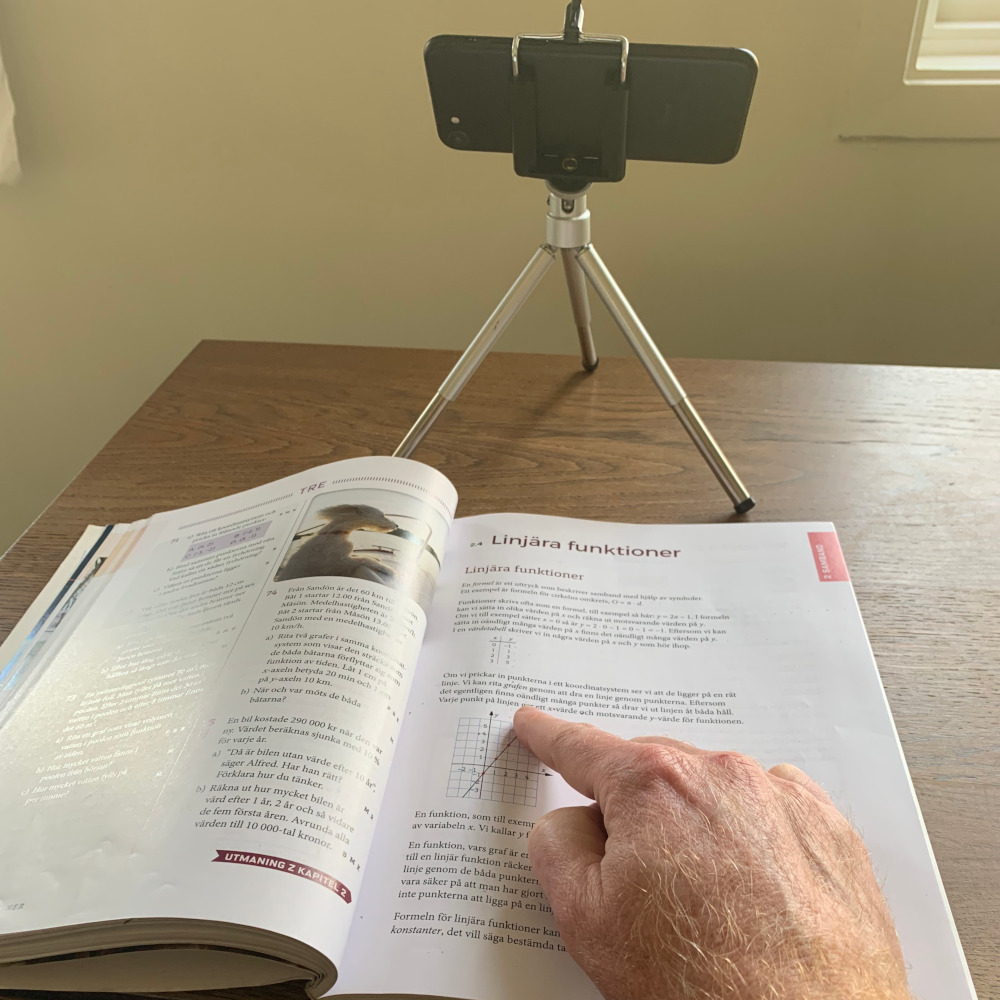Dyslexia is certainly a condition that can weaken your child’s reading skills. But these challenges, should not be taken as a road block on our children’s academic performance.
According to the global dyslexia association, approximately 15% of the entire world population has dyslexia. But again, it’s worth noting that having dyslexia does not imply a deficit in intelligence but rather a difference in how the brain works. The reading skills that are majorly affected by dyslexia has nothing to do with intelligence or poor cognitive skills.

Regardless, the primary concern arises when schools and organisations use traditional teaching methods to teach dyslexia learners alongside typical learners. This is especially the situation with dyslexia learners who are forced to swallow large content of history books without any tool assistance or audio support. This is by definition what is termed as “humiliation”. Most schools will restrict all learners from reading and comprehending books, after which a quick test is taken to evaluate the child’s progress.

We all know that dyslexic learners are neurologically unique and consequently have a differently wired brain as compared to their counterparts. So often, these children can learn best using audio or visual instructional tools. A significant number of these learners may experience difficulties in processing words distinctly. Of course, this should not be taken as reading incapability or low intelligence. With the right help dyslexic children can learn to read quite well. Every individual can get better at reading despite any difficulties that he or she might be having.
Also, dyslexic learners may experience memory issues while processing tons of information as in history books. For example, they may find it challenging to navigate from one paragraph to the next while retaining the complete structured information. As a result, they may use so much energy in reading the text, that they have trouble also memorising and processing the content . Yet some schools still manage dyslexic learners as typical learners.
To approve learning, these learners should be supplemented with reading tools such as text to speech, and other audio software programs. Dyslexic children can perform as well as their counterparts when supported with reading tools and other relevant instructional tools. For example, with a text to speech app, dyslexic learners can study for a history exam without using all their mental energy on the actual reading. That will give them the chance to learn the subject in a relaxed mental state, thus avoiding mental strain associated with manual reading. Many people would agree that listening to a human voice is a much better experience of reading as opposed to manually processing the book content. What’s impressive is that these apps can read in a very natural voice and often highlight paragraphs as the reader follows along.
Lastly, providing dyslexic learners with audio tools is probably one of the best cost-saving mechanisms that can be applied by schools and other learning institutions. That implies that teachers can cover lots of topics by using audiobooks which can be accessed at an e-book library.


